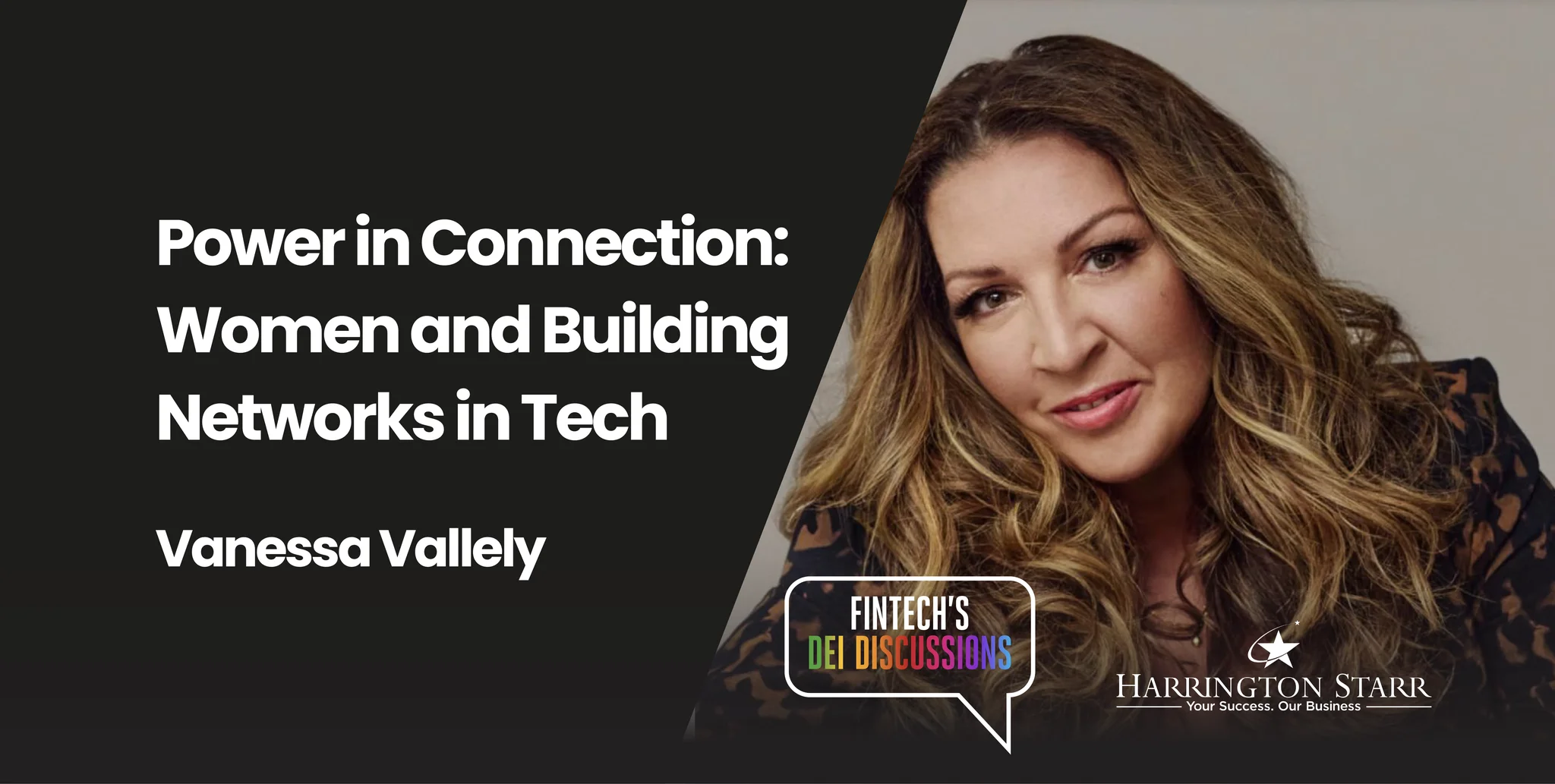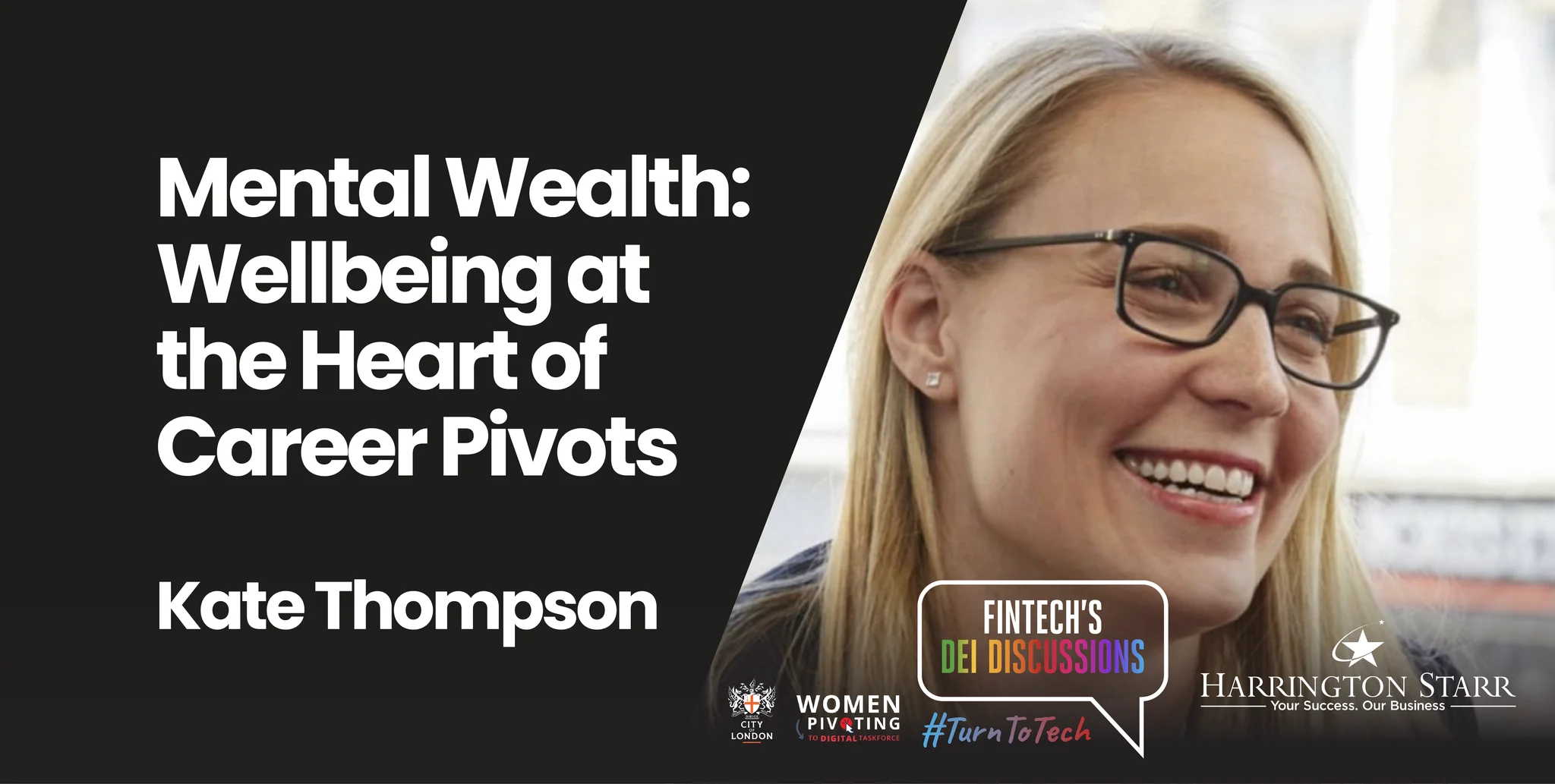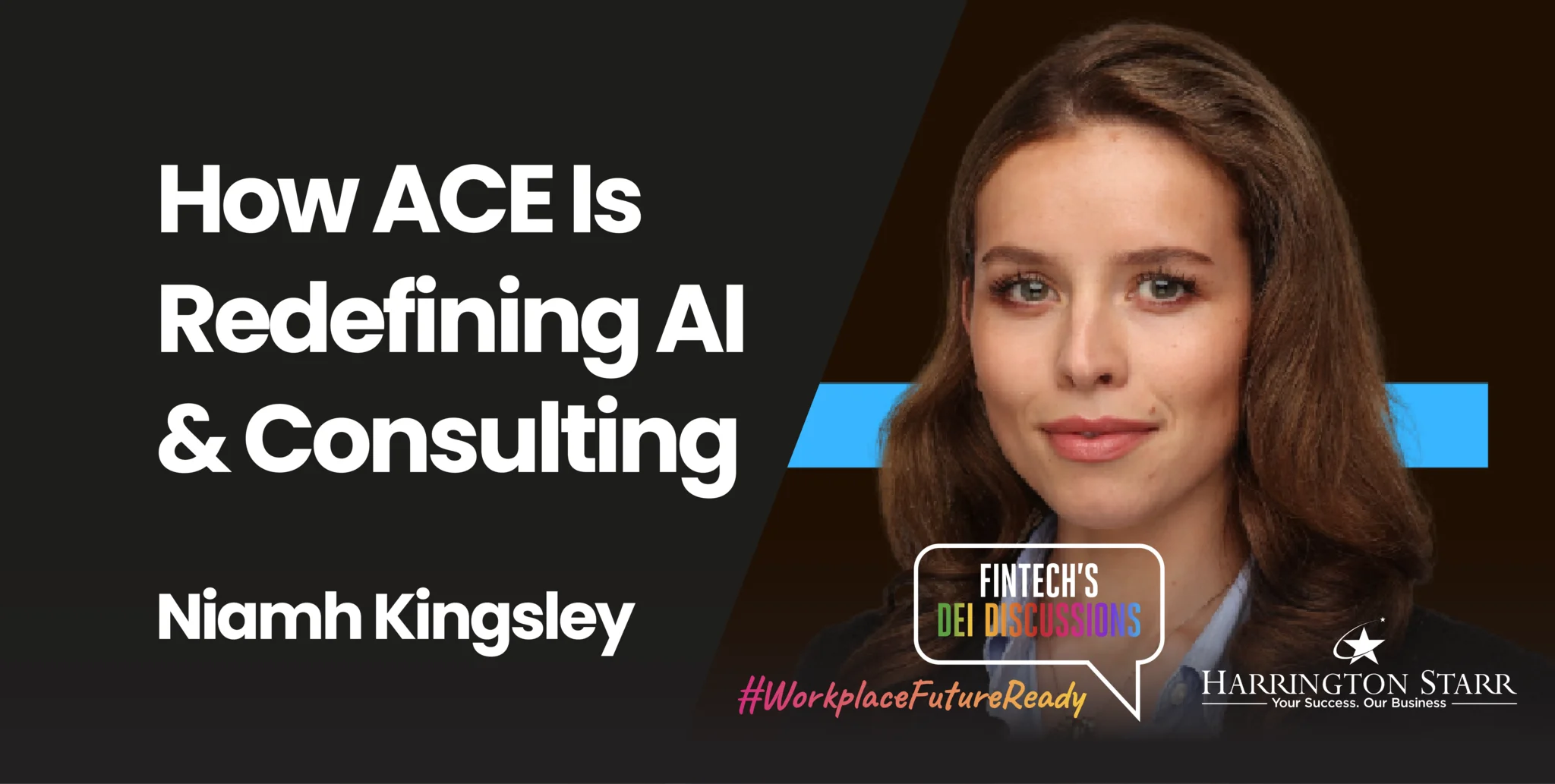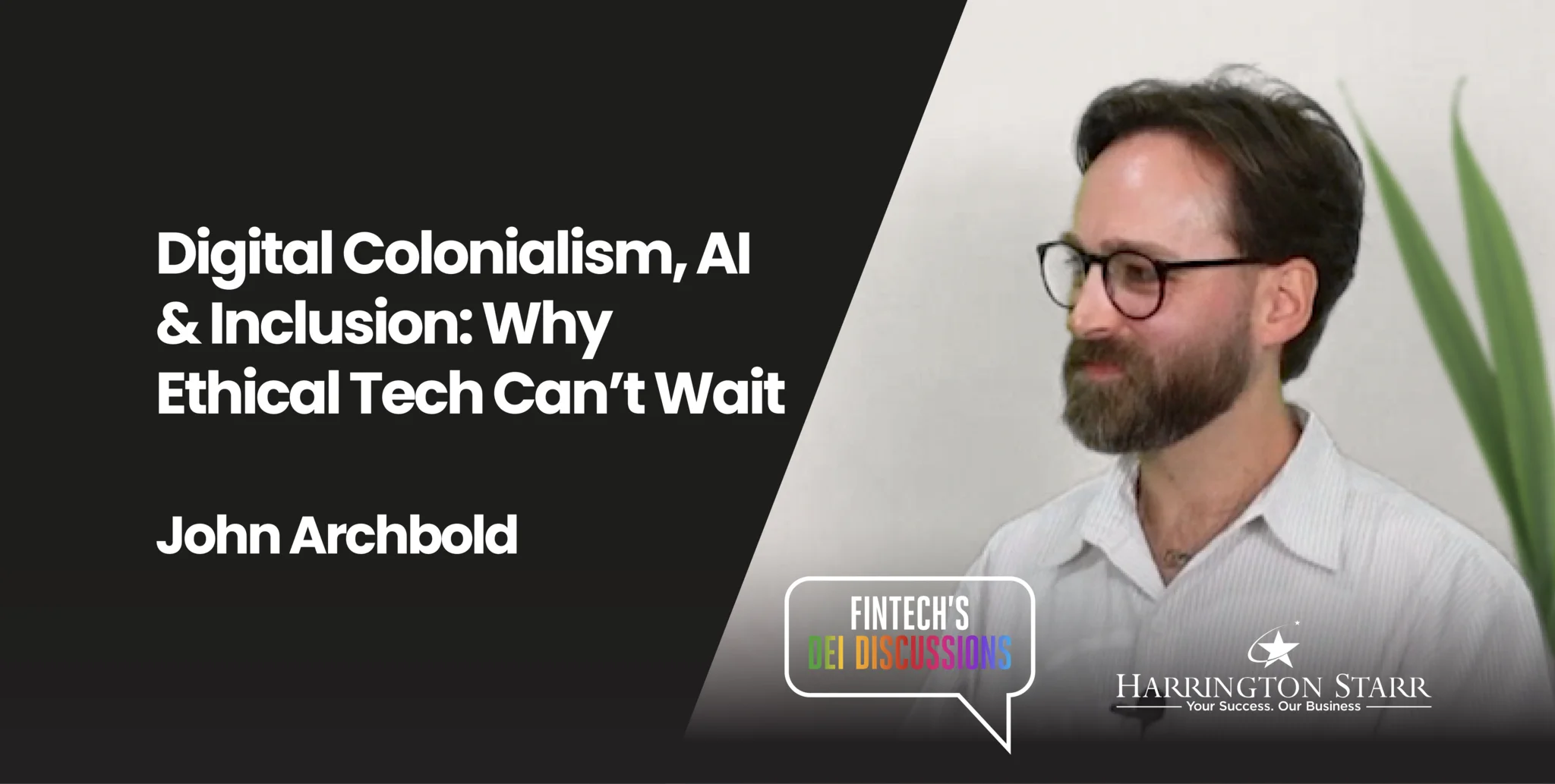
Women and Building Networks in TechIn this powerful episode of the Turn to Tech podcast seri...

Women and Building Networks in TechIn this powerful episode of the Turn to Tech podcast seri...

Opening Pathways for Women Entering Digital RolesIn this special episode of FinTech’s DEI Di...

Inclusion, and the Post-Digital EraThe latest episode of FinTech’s DEI Discussions, hosted b...

Exploring AI Ethics, Inclusion and Technology GovernanceIn this episode of FinTech’s D...